No matter how much one has lived or how much one has changed, one thing that will never leave is how we were teased in our childhood. Whether it's the lack of friends, mumbling when speaking, or causing trouble at school, loved ones conjure these memories into the present as a form of endearment or the comfort of nostalgia.
But why do such frivolous childhood taunts linger in our minds and shape the adults we become? Somebody may say a joke once or twice, but the repeated 'banter' we hear in our formative years influences how we maneuver the world and shape our identity.
Growing up, it was, "Tarek doesn't know what to say out of his mouth," often said in a Virginia-Southern country accent. I recall the story my mom exuberantly tells every new person I introduce to her. It's the early 2000s, and I can't be more than four years old sitting inside a cart full of groceries. A woman approached behind my mom in the checkout line, and as she bent over for something in her cart, I noticed something wasn't right. I squinted my eyes and extended my arm long to point my index finger at her head, "Mommy, her wig is coming off!"
It was a thought, but it came out of my mouth loudly. The lady, my mom, and surrounding customers scoffed, some with giggles. My mom's eyes widened as she immediately turned around to apologize to the woman: "Excuse him! He just doesn't know what to say out of his mouth!"
Despite this incident, I've always been enthused by learning and being able to express myself better. I would hear big words on TV or while reading a book and, without understanding them, would add them to my vocabulary. "Those pancakes were so grotesque! Thank you!" I would say confidently, and everyone would laugh at me.
However, they didn't laugh when I used my voice to shine a light on things intended to stay in the dark. People wonder how I am so comfortable sharing such sensitive topics and traumatic experiences from my childhood on my podcast, knowing my family has access to the episodes.
But I have always been the disruptor in my family, always bringing up what we preferred to ignore.
Being a queer child, even when I wasn't speaking, was disrupting space. My existence was loud, and my presence was a burst of color and sound. I know my family loved me unconditionally and accepted this about me. But, hearing the repeated phrase as a kid influenced me to seek different ways to express myself.
First, it was on Twitter, where I celebrated a space where I could articulate every thought that crossed my mind, no matter its correctness, appropriateness, or intent. As my media literacy grew in technology, I started creating content on Vine. Having found a place to express my voice, I sought to express my creativity while working in science and healthcare.
When Vine died, I transitioned to YouTube, sharing more of my experiences and creating hundreds of videos expressing myself through my voice, conversations, acting, and even makeup. Eventually, I reached a point where everything I had to say inside of me couldn't fit in a video, so I turned to the basics: pencil and paper. I began writing, from teleplays to narrative stories and essays, which opened me up to another universe of expressing myself: podcasting.
Initially, the podcast was just for me. It was a way to express my pain, grief, emotions, and healing during one of the darkest times of my life. And through that expression, with the same mouth that never knew what to say, I was able to impact lives, helping people reflect on their own stories and discover the words inside them that they need to say out loud.
It always fascinates me how the things about us that people try to make fun of or don't understand become our superpower.
These early lessons in expressing my truth, however uncomfortable, have shaped who I am and empowered me to help others find their voice. Hearing "I didn't know what to say out of my mouth" all my childhood made it a prerogative to find and create spaces where what came out of my mouth was celebrated. That was the only way my voice could develop and grow.
Tarek Ali is an award-winning content creator, writer, and actor known for his activism and powerful voice, sparking thought-provoking conversations about encouraging self-acceptance, growth, and healing. His weekly podcast, THAT CONVERSATION WITH TAREK ALI, was nominated for a 2024 GLAAD Media Award and is streamed in over 200+ countries. He also holds a degree in Biology from Georgia State University, interned at Howard University and Columbia University Dental Clinics, and did research on cancer cell regeneration at the National Institutes of Health over three years
Voices is dedicated to featuring a wide range of inspiring personal stories and impactful opinions from the LGBTQ+ and Allied community. Visit pride.com/submit to learn more about submission guidelines. We welcome your thoughts and feedback on any of our stories. Email us at voices@equalpride.com. Views expressed in Voices stories are those of the guest writers, columnists and editors, and do not directly represent the views of PRIDE.com or our parent company, equalpride.













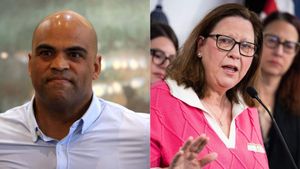


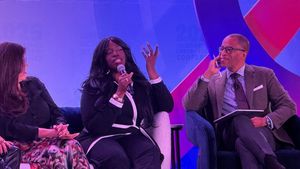










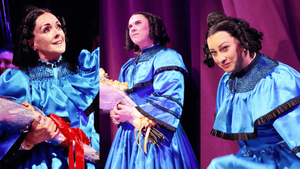
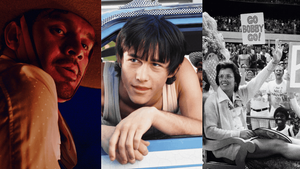











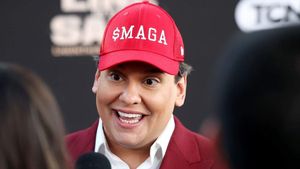



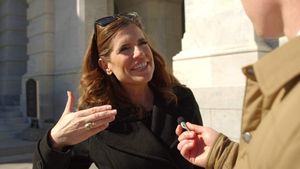


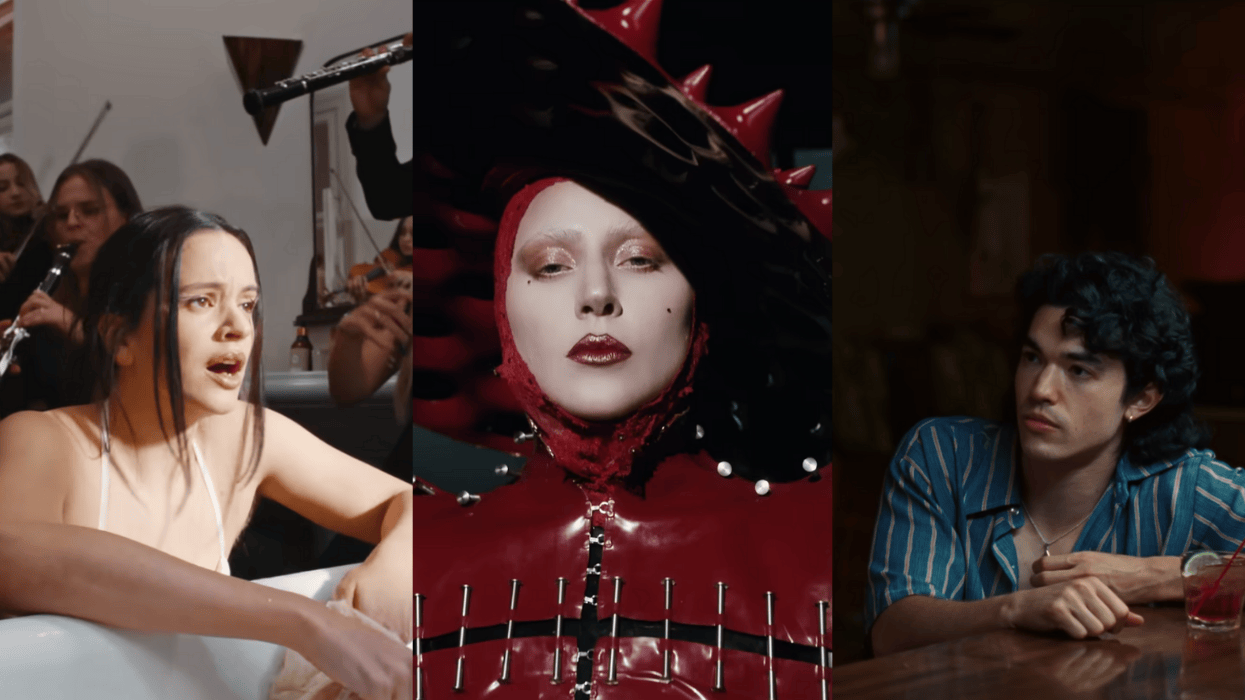

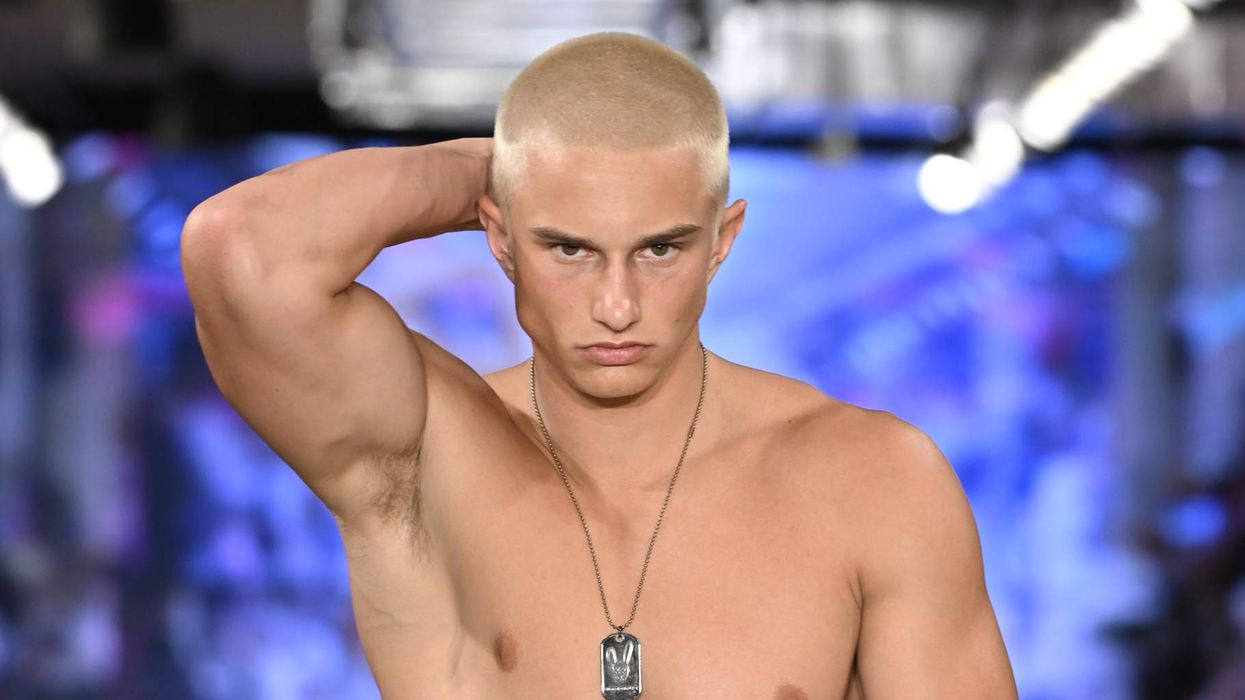

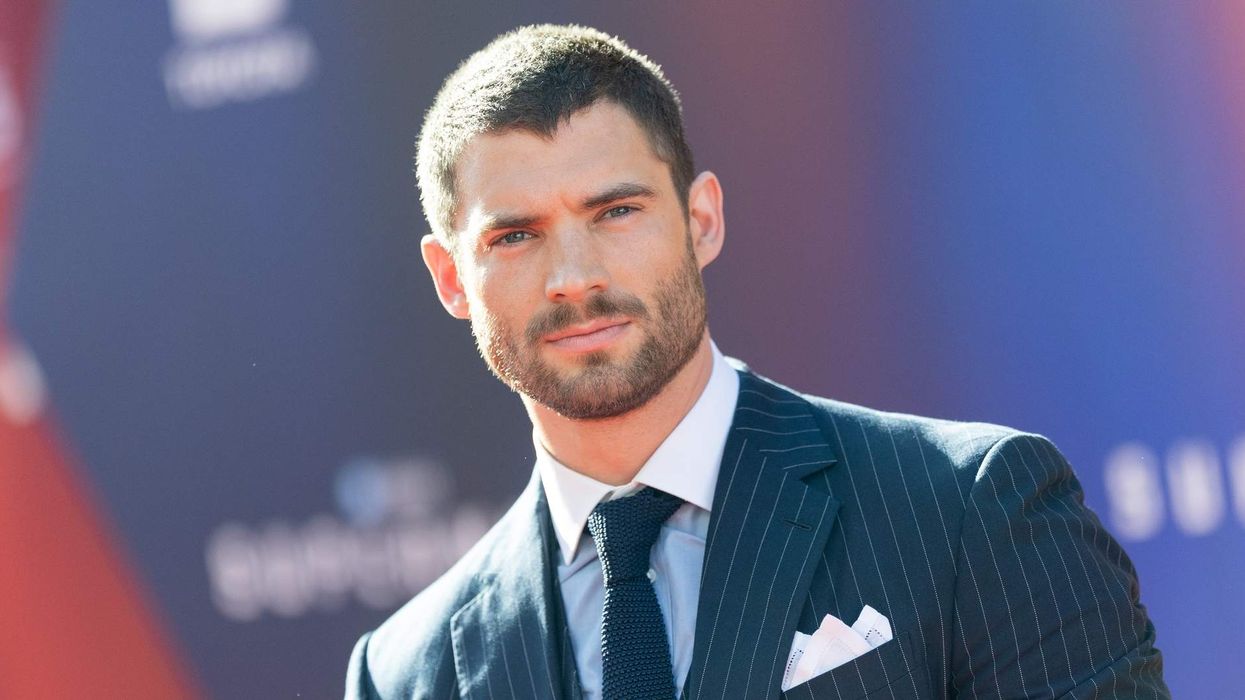

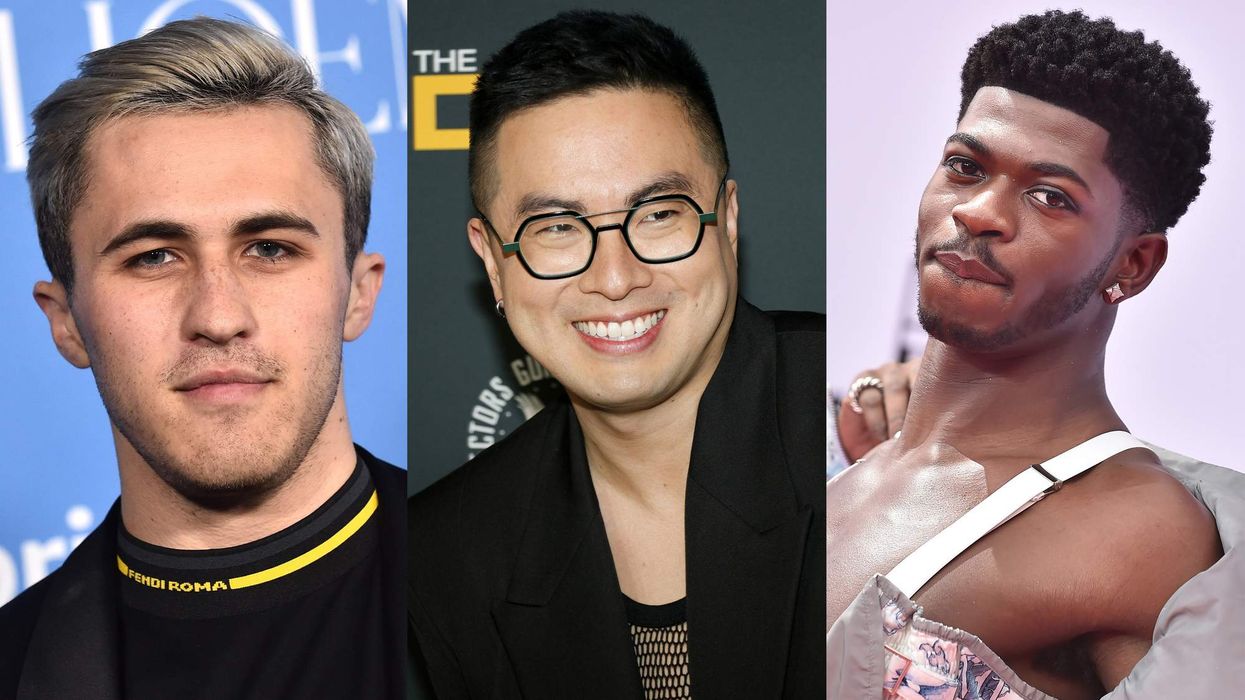

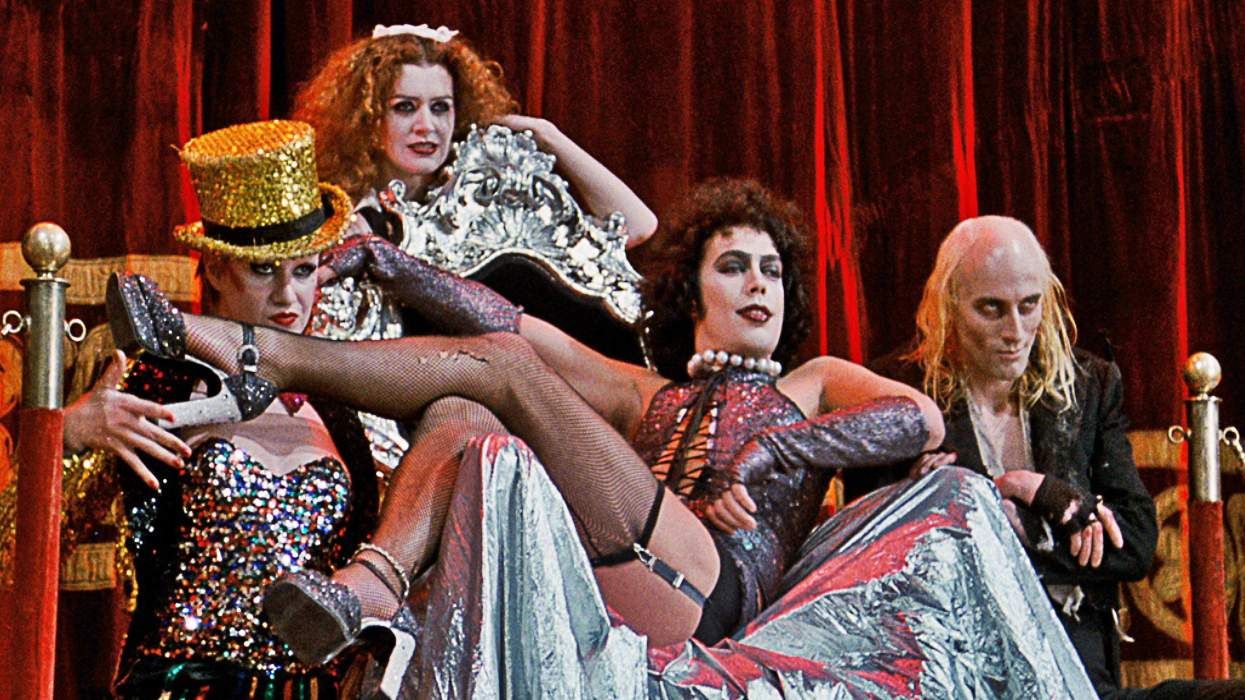
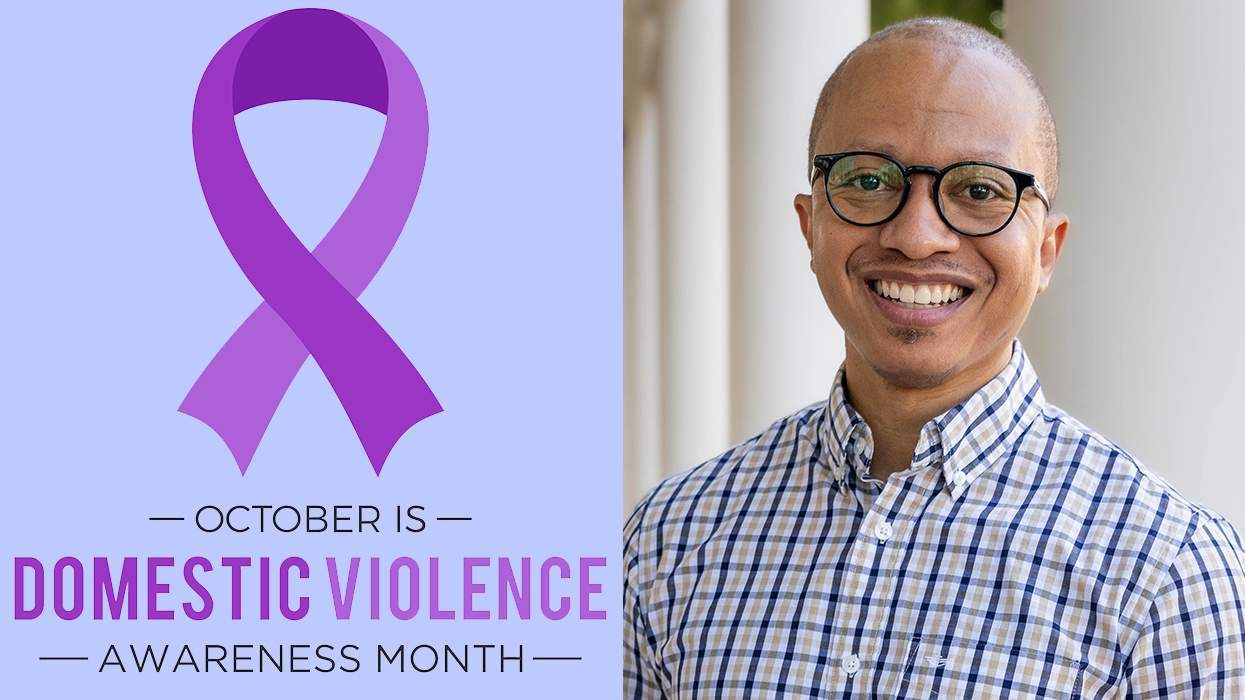
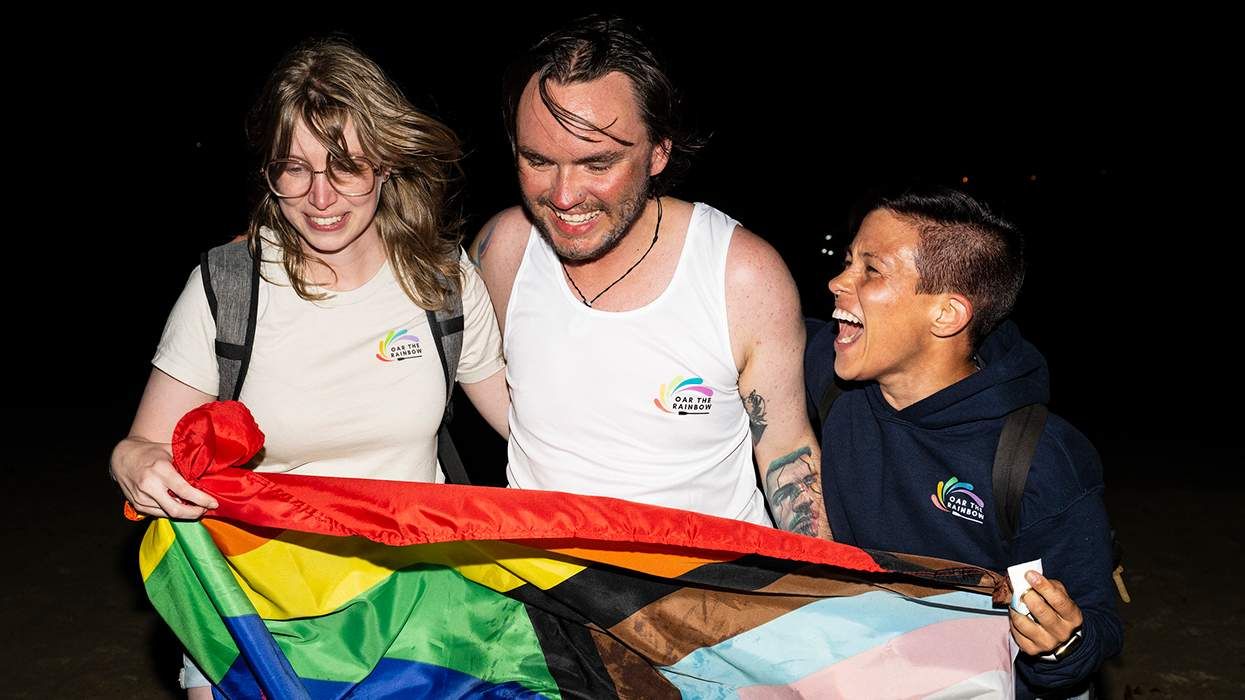
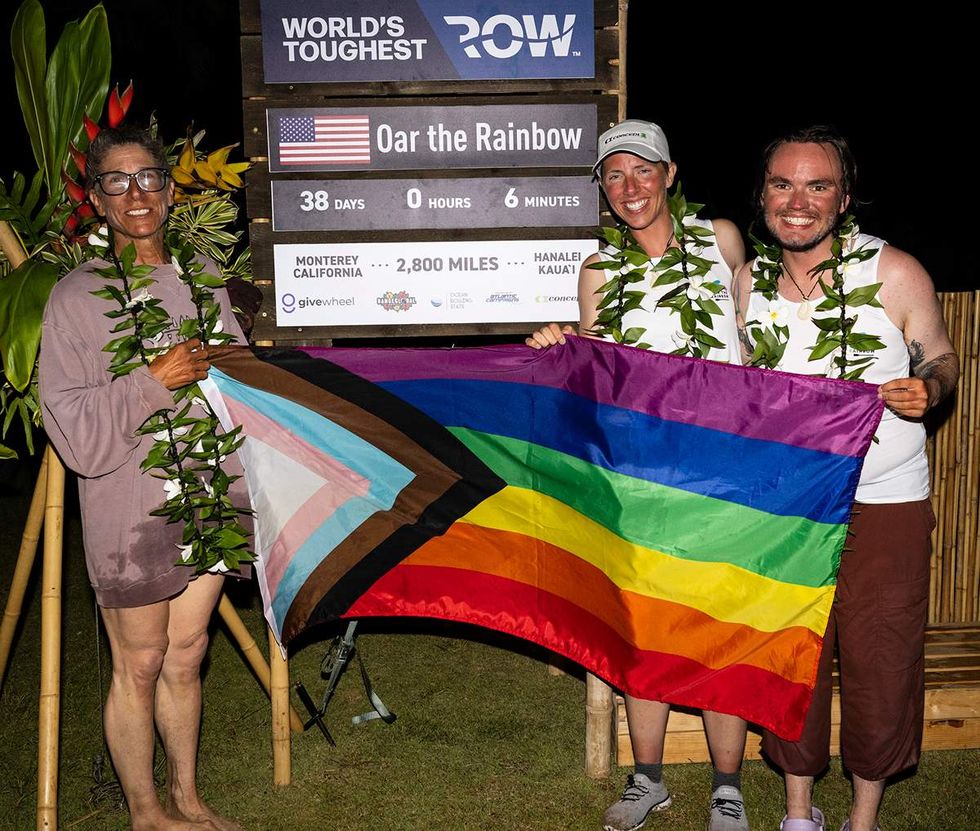 Stulting and fellow 'Oar the Rainbow' teammates completing the 'World's Toughest Row' competition. Courtesy WORLD'S TOUGHEST ROW
Stulting and fellow 'Oar the Rainbow' teammates completing the 'World's Toughest Row' competition. Courtesy WORLD'S TOUGHEST ROW